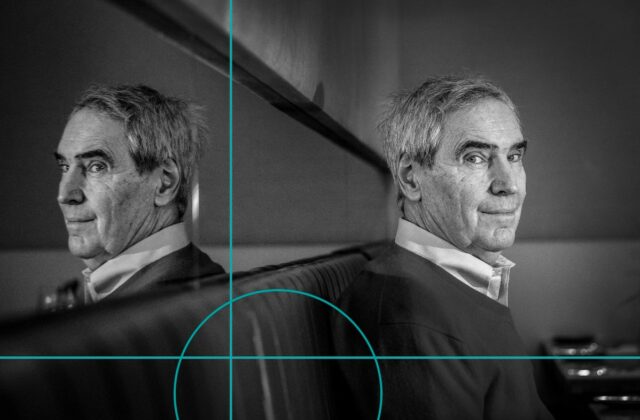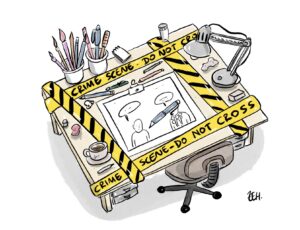
NIAS Opening of the Academic Year 2024/2025
Across the globe, recent years have seen academic institutions come under growing political pressure. From Hungary to Poland, from Brazil to Turkey, and increasingly also in the US and Western Europe, forced closures, armed sieges, nationalizations, mass layoffs and defunding and licensing initiatives are on the increase. Universities have been battlegrounds for bottom-up generational protest and political change forever, and – as is in full view today – will surely remain so for as long as they remain credible and vibrant liberal democratic institutions. The political reaction now building momentum across liberal democracies, however, appears to be materially different: post- or illiberal, top-down, and in a fight not to make academia live up to its democratizing potential but, on the contrary, to erode academic freedoms as well as the resolve and means to actively promote them as the democratic civil institutions that they are.
But what, then, are these academic freedoms? How are they threatened? With wat results? What happens if they crumble? What lessons may be learned from countries that have been there, and back again – and from recent developments in Dutch academia? And, finally, what might a broader response across the institutions of civil society (the press, the judiciary, civil service, education, ngo’s) look like?
Michael IgnatieffI fear that universities are vulnerable because they lack a constituency willing to defend them in the wider public debate and often struggle to stand up for themselves.
Program
presentation and moderation by Marcia Luyten
- (from 15:30) doors open
- (16:00) welcome – by Jan Willem Duyvendak, director of NIAS
- keynote – by Michael Ignatieff, president and rector of the Central European University in Budapest when it was forced out of Viktor Orbán’s Hungary in 2018: ‘I fear that universities are vulnerable because they lack a constituency willing to defend them in the wider public debate and often struggle to stand up for themselves.’ Ignatieff calls for a much broader defense of the right for academic institutions to self-govern without interference and to defend their academic freedoms.
- panel 1 – Miriyam Aouragh and Gulnaz Sibgatullina discuss their experiences with the political/politicized dimensions of their research, resulting peer, institutional and government pressures, and effective responses and alternatives on the road to protecting their own and other scholars’ academic freedoms.
- reflection – by Tamar de Waal, NIAS alumnus, associate professor at the Amsterdam Law School of the University of Amsterdam, director of the Amsterdam Honours College of Law, columnist with De Groene Amsterdammer and editorial board member of the journal Beleid & Maatschappij (“Policy & Society”). Tamar specializes in citizenship, the constitutional democratic state and its values, civic education, immigrant ‘integration’ policies and interdisciplinary legal research methods.
- panel 2 – Marijn Kruk and Yvonne Zonderop share insights and discuss strategies towards confronting political pressure, engaging with the question whether action across the estates and institutions of civil society is desirable, and possible – and what form it might take.
- (from c. 17:30) garden reception



